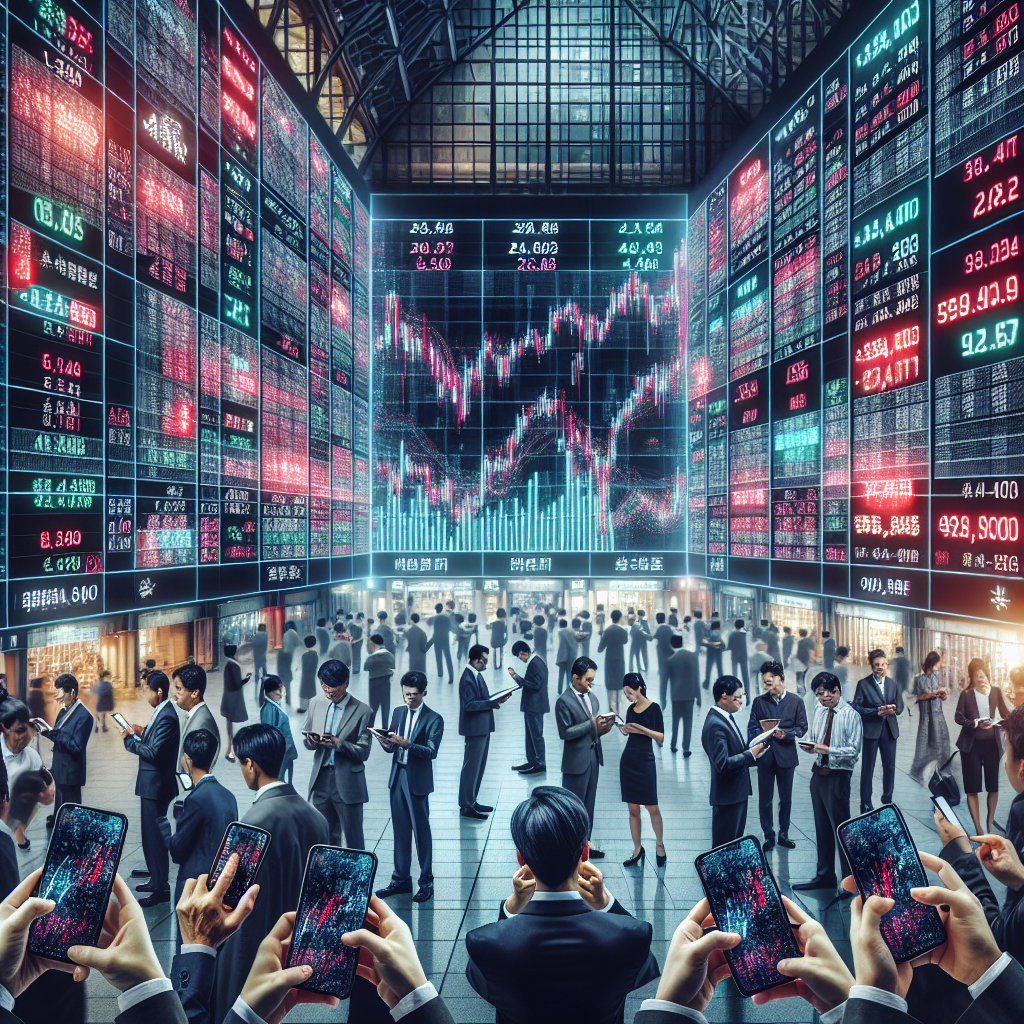Global Markets: Political Shifts and Economic Jitters
Markets experience fluctuations as geopolitical developments and economic stimuli shape the landscape. Political changes in Japan and France, alongside U.S.-China trade dynamics and commodity prices, keep traders vigilant. Stock and currency movements reflect the broader economic concerns and investor sentiment across global markets.

Global financial markets faced a roller coaster of political and economic shifts on Friday. Stocks and gold, after reaching record levels, took a downturn as the dollar marked its best week in over a year. Meanwhile, the aftermath of a historic ceasefire between Israel and Hamas continued to reverberate through market movements.
In Japan, news that the Komeito party would withdraw from its coalition with the ruling Liberal Democratic Party rattled the yen and saw a 1% drop in the Nikkei. Uncertainty clouds whether Prime Minister Sanae Takaichi can maintain Japan's fiscal momentum. In Europe, eyes were on President Emmanuel Macron's political maneuvering amid France's financial tightening crisis.
In response, the pan-European STOXX 600 remained stable, awaiting developments. Across the Atlantic, the U.S. dollar index showcased a significant rise, paired with fluctuating stock futures. Political and economic factors, including the U.S. government shutdown and Chinese export controls, continued to influence financial trajectories.
(With inputs from agencies.)
ALSO READ
Trump says 'there seems to be no reason' to meet Xi during upcoming Asia trip after China restricts rare earth exports, reports AP.
US-China Port Fee Dispute Escalates, Impacting Global Shipping
Trump's New Deal: Slashing Drug Prices in the U.S.
Fractured Diplomacy: The Shaken Ground of U.S.-Russia Relations
Yen's Sharp Decline Amid Political Turmoil in Japan and France










